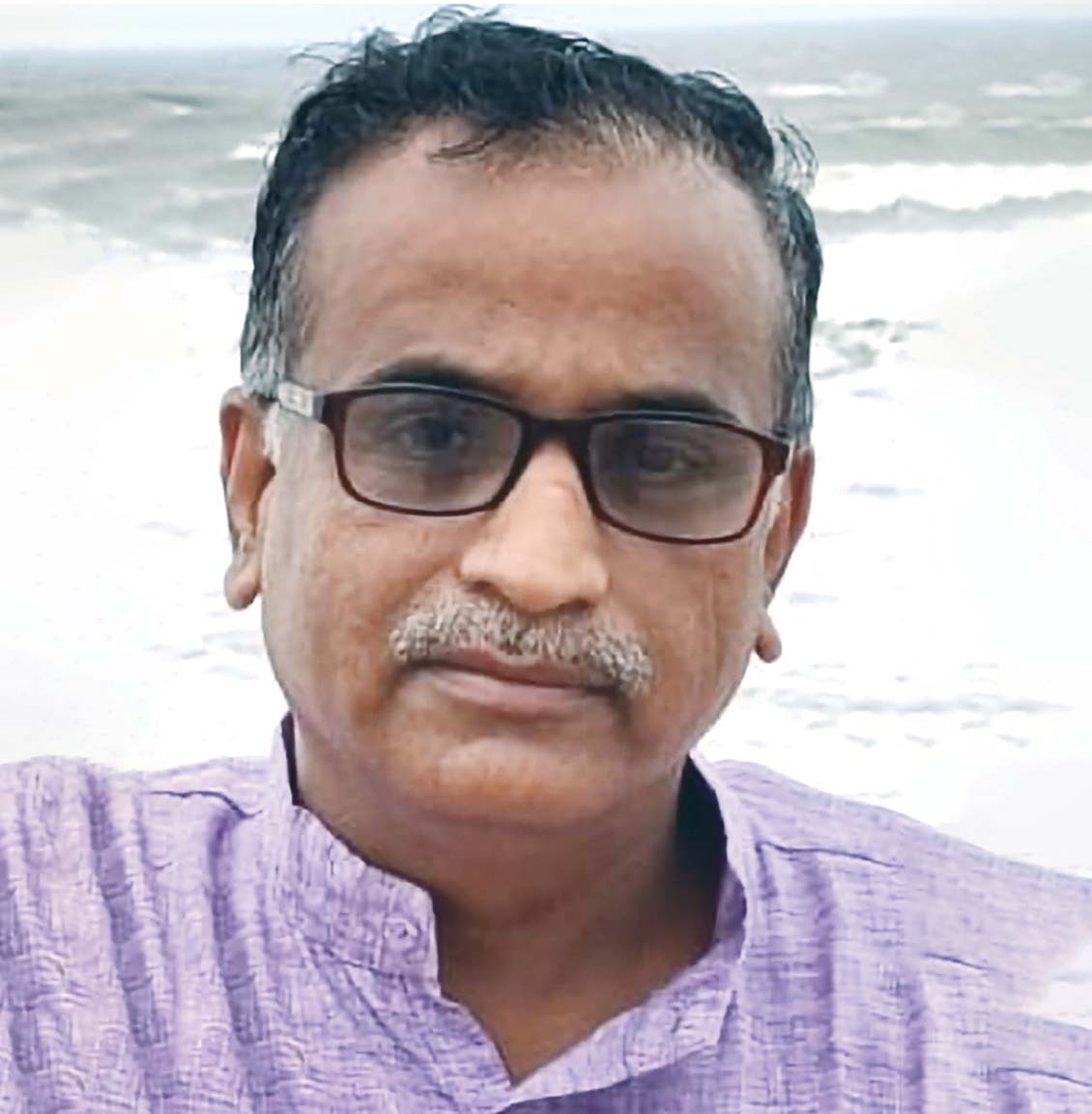Birsa Munda: The Warrior-Saint Who Awakened India’s Tribal Spirit
- Mahesh Kale

- Nov 15, 2025
- 3 min read
Birsa Munda’s struggle was not only for freedom from foreign rule—it was a fight for the soul of his civilisation.

In the history of India’s freedom struggle, the name Birsa Munda shines as one that inspired an entire generation. Within a brief lifespan of just twenty-five years, Birsa Munda awakened the tribal society through his remarkable organisational skill, deep spiritual insight, and unwavering commitment to his faith and culture. Born on 15th November 1875 in Ulihatu, a small village in present-day Jharkhand, Birsa rose from a life of poverty and hardship. He overcame hunger, ignorance, and superstition to lead his Munda–Oraon community out of darkness. He reconnected his people with their ancient spiritual roots by shaping a new movement based on the eternal traditions of Sanatan Dharma, which came to be known as Birsaiyat.
Through Birsaiyat, Birsa Munda launched not merely a social or religious reform but a spiritual revolution. Thousands from the Munda, Oraon, and other tribal communities joined his movement. His simple yet profound teachings — do not drink liquor, do not steal, do not kill cows, wear the sacred thread, plant tulsi, and do not marry Christians — sparked a moral and cultural awakening. This movement came to be known as Birsaiyat. was not just a religious identity. It was a rallying force for a subjugated and exploited people. It united them against both British colonial oppression and the aggressive proselytising activities of Christian missionaries who worked hand-in-glove with the colonial administration.
Even at a very young age, Birsa Munda clearly recognised this alliance between the British rulers and the missionaries. It was encapsulated in the saying, “Sahib–Sahib, Ek Topi,” meaning they were two sides of the same coin. When his people’s sacred traditions were mocked—when the missionaries tried to cut their Shikha, forced them to eat beef, and called the Munda community “thieves and dishonest”—Birsa’s self-respect was deeply stirred. He boldly confronted the priest at Chaibasa, renounced the missionary school, and forever rejected the Christian faith.
From social reform and spiritual awakening to freedom from colonial rule, Birsa Munda fought on many fronts. His struggle spanned the defence of religion and culture as well as the preservation of ancient herbal knowledge, continuing until his very last breath. It was this spirit of fearless resistance and moral clarity that elevated him to divine status in the eyes of his people. To be revered as a Bhagwan (God) by millions in so short a life is no ordinary feat—but Birsa achieved it through his selfless dedication and valour.
Today, in a nation of 1.4 billion people, over 120 million belong to the tribal communities—the proud custodians of India’s most ancient civilisational values. Through centuries of hardship, many heroes of these communities fought to preserve their identity and existence. From Tilka Manjhi to Rani Gaidinliu, countless tribal warriors fought the British in the forests and mountains of India for the cause of freedom. Among these immortal names, Bhagwan Birsa Munda stands out as a towering figure of the Sanatani tradition—a spiritual leader, a freedom fighter, and a cultural icon.
This year marks the 150th birth anniversary of Bhagwan Birsa Munda. The Government of India has rightly declared 15 November as Janjatiya Gaurav Diwas to honour his memory and message. The inspiring life of Birsa Munda is not only a source of pride for the tribal communities but also for the entire nation.
In today’s times, when various misconceptions are being spread among tribal youth about their identity—when attempts are made to create a sense of separation from their ancient Sanatan roots—Birsa’s life stands as a beacon of truth. His ascetic yet revolutionary journey, founded on the proud traditions of faith and culture, dispels such illusions and reminds us of the integral unity of India’s diverse civilisational fabric.
Birsa Munda’s life compels us to look upon the tribal society not with pity or prejudice, but with gratitude and reverence. His courage, leadership, and devotion continue to inspire generations, symbolising the spirit of an India that is one in its diversity and eternal in its cultural essence.
On the 150th birth anniversary of Bhagwan Birsa Munda, the entire nation bows in deep reverence to this warrior-saint. A divine hero who became the pride of India.
(The writer is the national publicity chief of Vanvasi Kalyan Ashram. Views personal.)





Comments